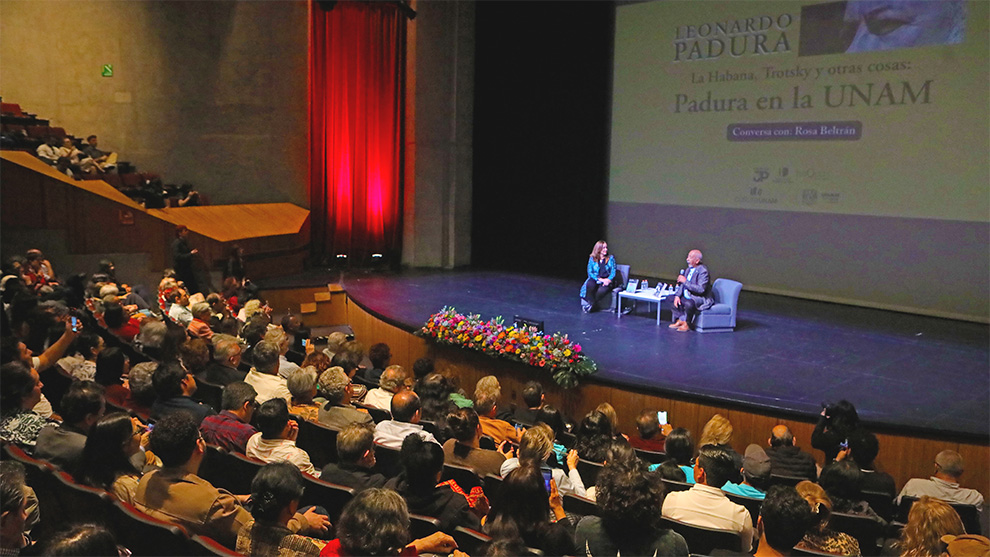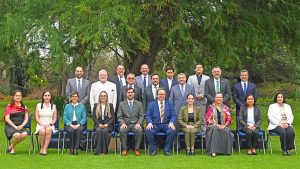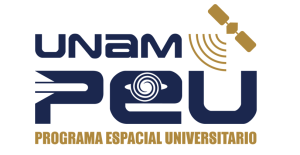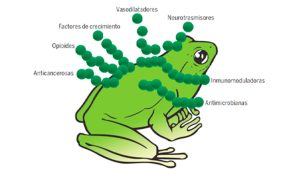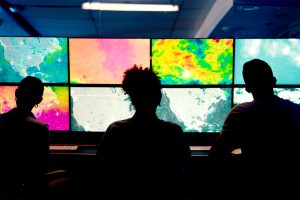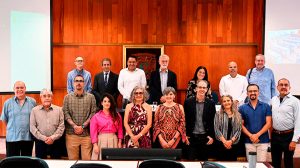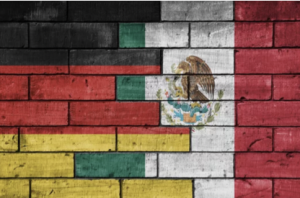Leonardo Padura on Havana, Trotsky, and the Meaning of Freedom
Cuban writer Leonardo Padura, best known for his novel The Man Who Loved Dogs, recently visited UNAM for a discussion titled “Havana, Trotsky, and Other Things: Padura at UNAM.” Held at the Miguel Covarrubias Hall in the University Cultural Center, the event was organized by the José Emilio Pacheco Chair of UNAM’s Directorate of Literature and Reading Promotion. It attracted students and scholars eager to engage with the acclaimed author.
Throughout the conversation, Padura reflected on various topics, from artistic freedom to social change in Havana. “Art must have complete freedom. Without freedom, it is challenging to create genuine art,” he remarked, emphasizing the essential link between creative autonomy and the pursuit of truth.
Discussing The Man Who Loved Dogs—which celebrates its 15th anniversary this year—Padura noted that while history moves forward, many of the world’s core struggles remain the same. “Today, we continue to dream of utopias, but we must avoid repeating past mistakes,” he said, stressing the need to learn from history’s failures.
Padura also shared a personal anecdote from his youth, recalling how playing baseball with friends taught him a lasting lesson: “You cannot achieve things alone. You need others to collaborate with you, just as they need you to collaborate with them to win.” He explained that this principle of mutual cooperation has shaped his personal life and his literary career.
When asked about Havana, Padura spoke candidly about the city’s transformation, expressing concern over its physical and emotional decline. “Cities change and gradually become unfamiliar,” he said. “The problem in Havana is that this transformation has also been one of deconstruction—of physical decay, which has led to the deterioration of people’s attitudes as well.”
Padura’s visit to UNAM was part of his promotional tour for his latest book, Going to Havana, in which he continues to explore and reflect on his homeland and its place in world history.
